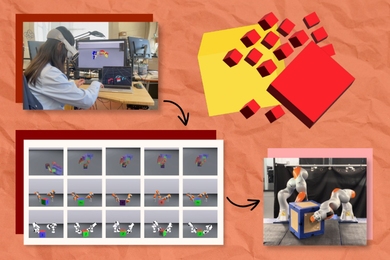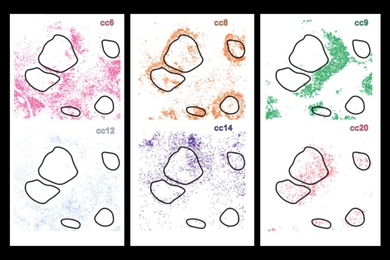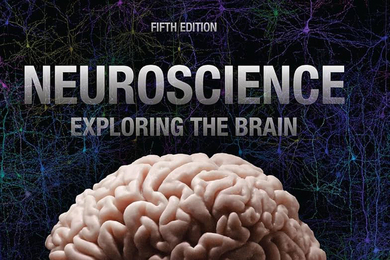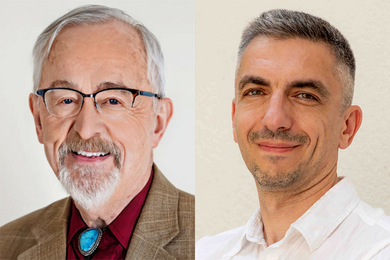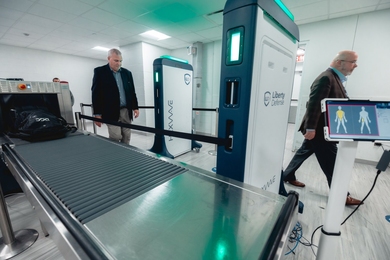Graduate students in architecture, engineering and political science will invite cross-disciplinary discussions of cutting-edge research projects at a two-day conference to be held on Friday, April 14, and Saturday, April 15, at MIT.
The conference, titled "*research in progress," is hosted by the Department of Architecture and organized by graduate students Jennifer Ferng, in history, theory and criticism of architecture (HTC), and Michael Baker, in electrical engineering and computer science (EECS). The event is free and open to the public.
"Often graduate study requires that we focus on one particular area in great depth. 'Research in progress' is an opportunity for me to contribute to a forum where cultural, political or even ethical dimensions of any research can be explored," said Baker.
"Approaching material from different points of view, as in this type of collaboration, can be extremely productive," Ferng said.
Yung-Ho Chang, head of architecture, will open "*research in progress" on Friday evening in Room 7-431.
Discussion sessions on Saturday will be held in Room 10-105. These will include "Scientists and Diplomats (and the Architects Who Love Them)" and "Second Nature: Interventions in the Environment."
Most presenters are already involved in interdisciplinary work and will use the conference to invite even wider discussion.
As Lucia Allais, HTC doctoral student, noted, "Interdisciplinarity is a very healthy habit. It forces a certain rigor; you have to clean up your use of jargon; you have to be doubly sure of every assertion if you are to be taken seriously outside your discipline."
Allais will present her research on the temporary U.N. headquarters built in Paris in 1951 and destroyed in 1960.
Nick Buchanan, doctoral student in science, technology and society, will present part of his dissertation project, a study of the costly, elaborate failure by the federal government to "civilize" the Klamath Indians and force them to abandon hunting for farming. (The Klamath reservation was established in southern Oregon in 1864.)
Beaudry Kock, master's candidate in civil and environmental engineering, studies collaborative decision-making as it applies to contemporary water resource conflicts in the American West.
"I skip across disciplines every day in my research, and I'm seeking to make new links to new fields and practitioners all the time," he said.
A version of this article appeared in MIT Tech Talk on April 12, 2006 (download PDF).
